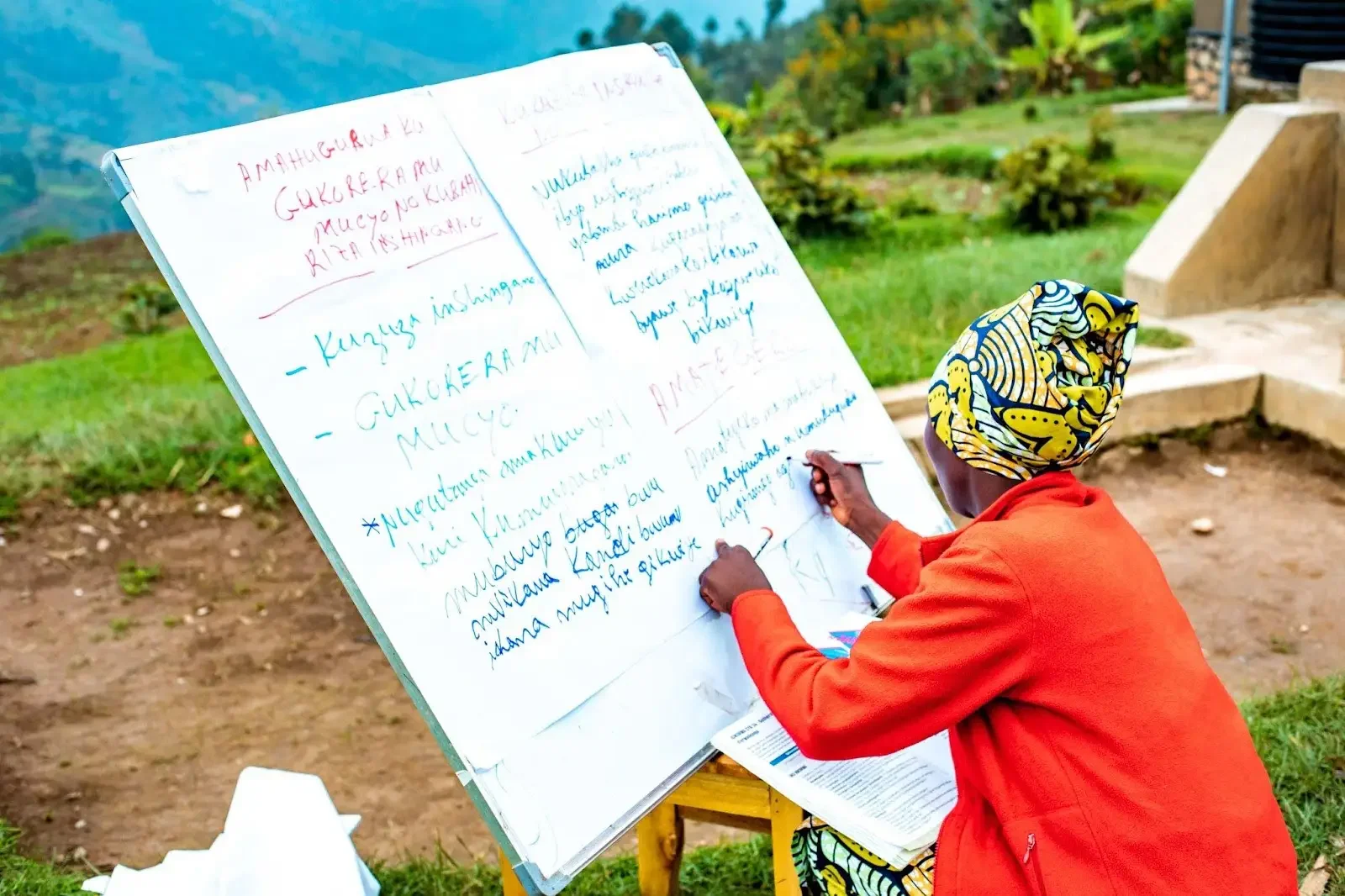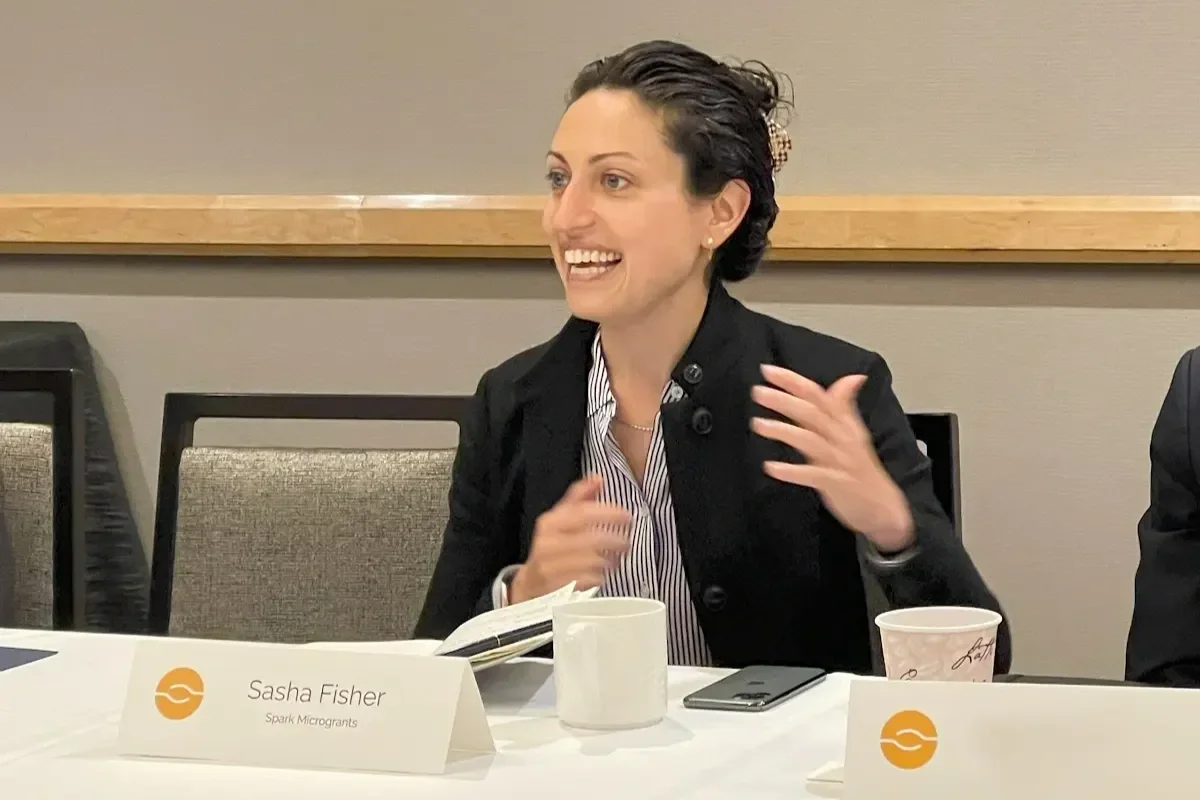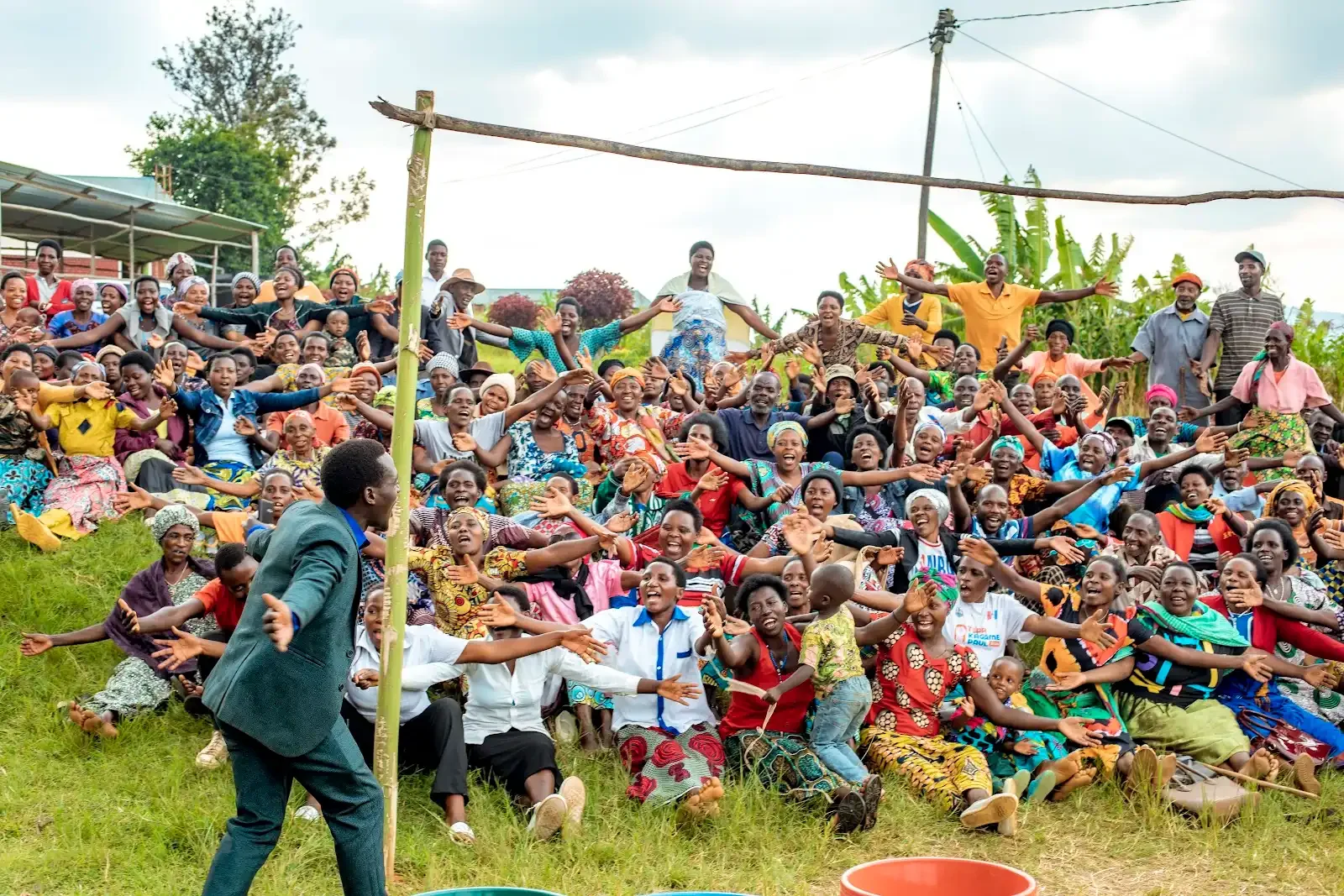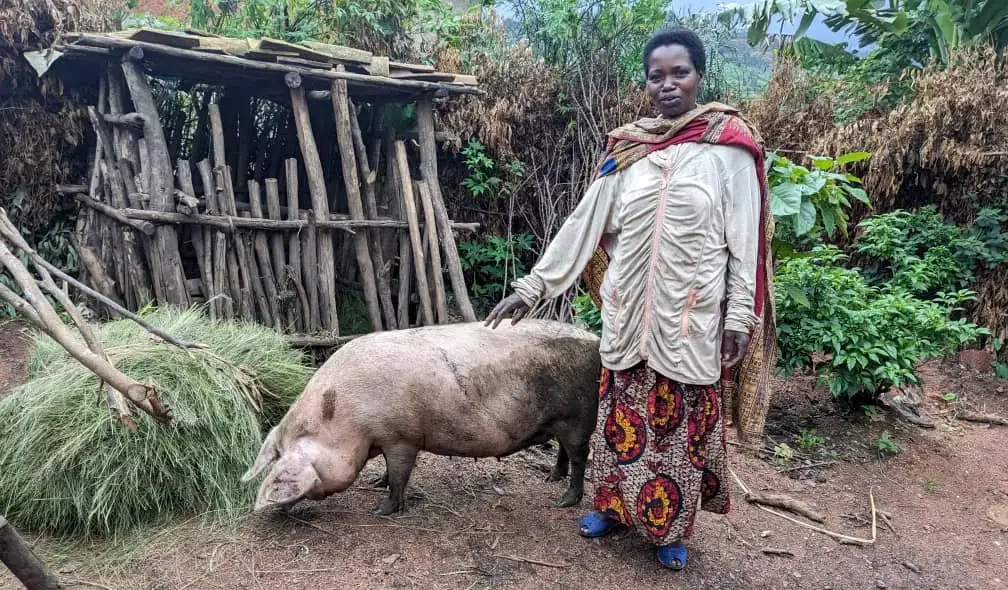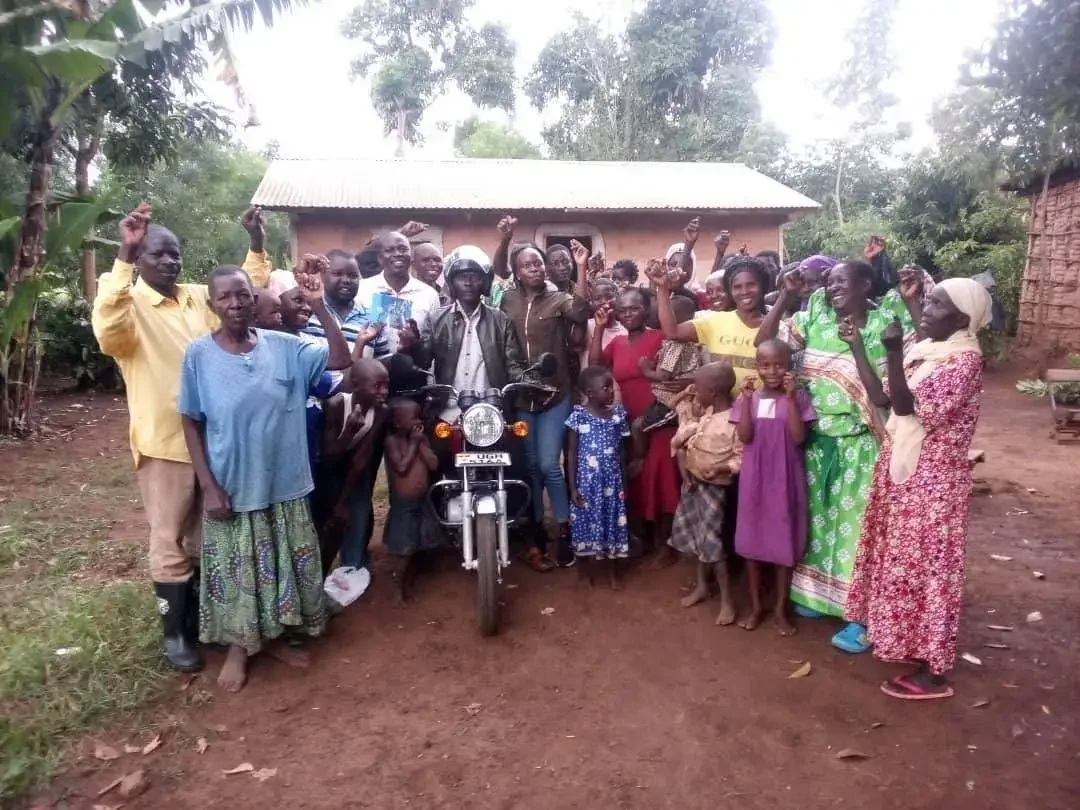Newsroom
Subscribe to our newsletter to receive updates on the latest news and events.
》Sign Up
15 Years of Transformative Change Through Direct Village Grants
We are fifteen years into moving grant funds to low-capital villages through direct transfers.
Fifteen years into ensuring women and men, young and old, have decision-making power over local initiatives.
2024 Impact Report
In April, Spark’s M&E team published the 2024 Annual Impact Report, showcasing how the FCAP leads to livelihood and civic gains across geographies. After just two years of Spark’s FCAP, average household asset values have grown by 249%, and household savings increased by 160%.
The Future of Global Development: 2025 Skoll World Forum Roundtable
Amidst significant changes in global development financing from Western nations, Spark hosted a roundtable with sector leaders in Oxford, UK, to discuss how to shape the sector moving forward. The conversation highlighted new research results on the effectiveness of development and models that yield long-term versus short-term impacts.
Sewing a Future: Women in Nyakazenga Stitch Together Success Through Collective Action
The women of the Nyakazenga village in Rwanda are working together to drive their own success. After just two months of training on collective action and financial management through Spark’s Facilitated Collective Action Process (FCAP), a group of women in the Nyakazenga village of Rwanda launched a sewing business specializing in handmade table decorations for living rooms..
A New Strategy for Long-Lasting Impact
In 2024, Spark celebrated reaching over one million people since our founding. Now, we’re setting our aims higher with a new strategy to reach an additional one million lives over the next three years. We envision the decentralization of aid to the village level so that every community can determine their own development.
Improving Lives Through Pig-Rearing in Gishamvu Village, Rwanda
Jeanne Masengesho is a 47-year-old mother of six residing in the Gishamvu village in the Southern Province of Rwanda. Jeanne, like her neighbors, has relied on farming activities as her primary source of income but has struggled to harvest enough crops for her and her family due to poor soil conditions.
WANGULA: Bushiyende's Path to Financial Freedom
Before 2023, the Bushiyende Community in the Bulambuli District of Uganda faced limited economic opportunities and weak social bonds. The village did not hold regular meetings to discuss community development, lacked savings groups, and struggled to establish pathways for improving livelihoods. The absence of a unified purpose left many community members feeling isolated and trapped in a cycle of poverty.
MicroStory: The Social Impact of the FCAP
One of the most compelling aspects of the FCAP (facilitated collective action process), Spark’s unique approach to community-led development, is its robust impact beyond livelihoods on the social dynamics of communities.
Nowhere is this more apparent than in Burundi….
Impact: How dairy farming sparked sustainable financial inclusion
At the base of Mt. Elgon’s Wanale hill in Mbale district, Uganda, a rural community is tackling financial inclusion and household income challenges. The community of Madenge partnered with Spark in 2015 and graduated in 2018.
In December 2021, three years after their completion of the FCAP, the community invited Spark back to see the change they’d achieved. Here’s a look at the community’s journey...
MicroStory: Connecting to Markets in Rwanda
During the resource mapping exercise, when villagers document and discuss access to public and shared resources, community members flagged a stubborn travel issue. Although Mwendo is close to a nearby road, it narrows before reaching the village. For residents of the village of 140 homes, this means they can’t transport goods by car and face constraints accessing markets. Cars traveling to and from Mwendo must stop at the nearest neighboring village, where goods are unloaded and carried more than two miles to the village.


